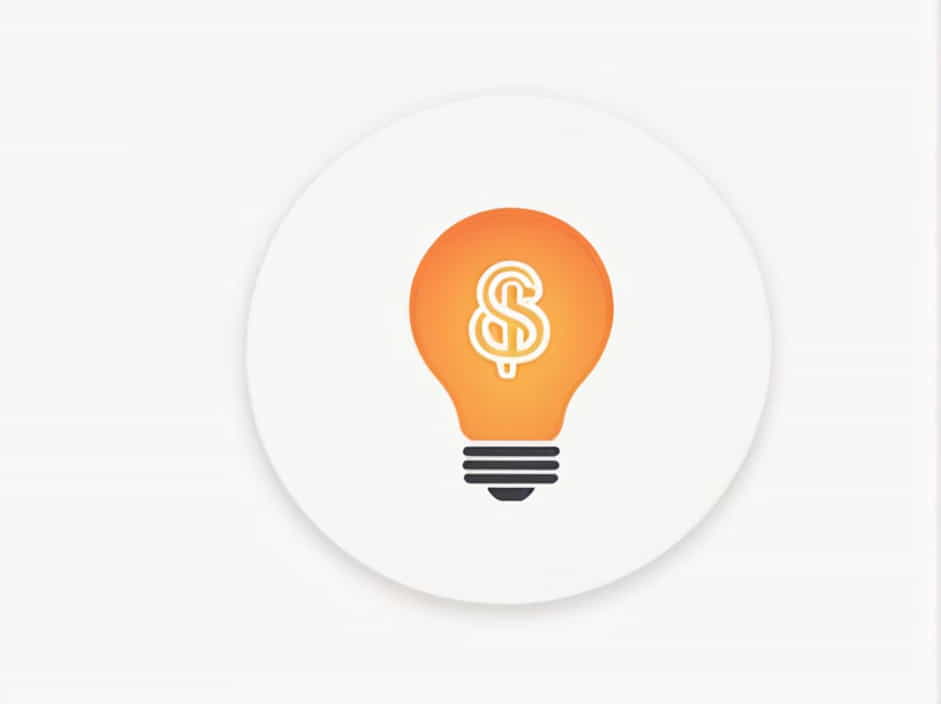Corruption and cronyism are two terms often associated with unethical political and business practices. Both concepts involve the misuse of power for personal gain, but they have distinct meanings and implications. Understanding these terms is crucial in recognizing their impact on governance, economic development, and society.
This topic provides a clear definition of corruption and cronyism, explores their causes, and discusses their effects on different sectors.
Definition of Corruption
Corruption is the abuse of power or position for personal or financial gain. It occurs in both public and private sectors, affecting governments, businesses, and institutions.
Key Characteristics of Corruption
- Bribery: Offering money or favors to influence decisions.
- Embezzlement: Stealing funds from an organization or government.
- Fraud: Deception for financial or personal benefit.
- Nepotism: Favoring family members for jobs or promotions.
- Extortion: Using threats or force to obtain money or advantages.
Corruption weakens trust in institutions, damages economic growth, and increases inequality.
Examples of Corruption
- A government official accepts bribes to award contracts to a specific company.
- A police officer demands money to ignore a traffic violation.
- A judge manipulates a verdict in exchange for financial gain.
Corruption exists in various forms and at different levels, from small-scale bribery to large-scale political fraud.
Definition of Cronyism
Cronyism is a form of favoritism where personal relationships, rather than merit, determine opportunities in business, government, or other institutions. It often involves friends, associates, or political allies receiving special treatment regardless of their qualifications.
Key Characteristics of Cronyism
- Political Favoritism: Government contracts awarded to friends or supporters.
- Unfair Hiring Practices: Jobs given to unqualified associates instead of competent candidates.
- Business Monopolies: Certain companies receive unfair advantages due to personal connections.
Examples of Cronyism
- A president appoints a close friend as a government minister despite lacking experience.
- A company wins a major contract without fair competition because of ties to politicians.
- A mayor hires family members for key positions instead of more qualified candidates.
While cronyism is not always illegal, it creates inefficiency, corruption, and public distrust in institutions.
Causes of Corruption and Cronyism
1. Lack of Transparency and Accountability
When government and business operations are not open to public scrutiny, corruption and cronyism thrive. Weak anti-corruption laws and lack of oversight allow individuals in power to act without consequences.
2. Weak Legal and Institutional Frameworks
Countries with poorly enforced laws and ineffective anti-corruption agencies struggle to combat corruption. If those in power control legal institutions, they can manipulate them to avoid accountability.
3. Political and Business Interests
Politicians and business leaders may form alliances to secure power and wealth. This results in unfair advantages for certain companies and individuals, reducing fair competition and economic growth.
4. Cultural and Social Norms
In some societies, bribery and favoritism are seen as normal rather than unethical behavior. These cultural attitudes make it harder to eliminate corruption and cronyism.
5. Economic Hardship and Low Wages
When government employees and law enforcement officers earn low salaries, they may be more tempted to accept bribes or engage in corrupt activities to survive financially.
Effects of Corruption and Cronyism
1. Economic Consequences
- Reduces Foreign Investment: Investors avoid countries with high corruption levels.
- Increases Public Debt: Corrupt officials misuse public funds, increasing national debt.
- Prevents Fair Competition: Small businesses struggle when only certain companies receive government contracts.
2. Weakens Democracy and Good Governance
- Erodes Public Trust: People lose faith in leaders and institutions.
- Undermines Rule of Law: Laws are applied unfairly, benefiting those with connections.
- Encourages Authoritarianism: Leaders may use power for personal gain rather than public service.
3. Social Consequences
- Increases Inequality: Resources are unfairly distributed, benefiting the rich and well-connected.
- Limits Access to Services: Corrupt systems prioritize personal profits over public welfare, leading to poor healthcare and education.
- Encourages Crime: When corruption is widespread, law enforcement becomes ineffective, increasing crime rates.
How to Prevent Corruption and Cronyism
1. Strengthening Laws and Institutions
Governments must enforce strict anti-corruption laws and establish independent agencies to investigate and prosecute corrupt activities.
2. Promoting Transparency and Accountability
- Public officials should disclose their assets to prevent illicit wealth accumulation.
- Government spending should be transparent, allowing citizens to monitor budgets and projects.
- Whistleblower protection laws should be implemented to encourage people to report corruption.
3. Encouraging Ethical Leadership
Political and business leaders must set an example by prioritizing integrity and fairness. Ethical leadership discourages corrupt practices and builds public trust.
4. Educating Citizens
Public awareness campaigns can inform people about the dangers of corruption and cronyism. Citizens should be encouraged to demand fairness and accountability from their leaders.
5. Strengthening Civil Society and Media
A free press and active civil society organizations play a crucial role in exposing corruption. Investigative journalism helps hold those in power accountable.
Corruption and cronyism are serious issues that undermine economic development, democracy, and public trust in institutions. While corruption involves the **abuse
